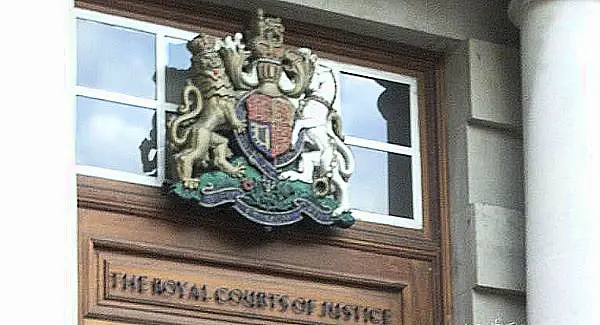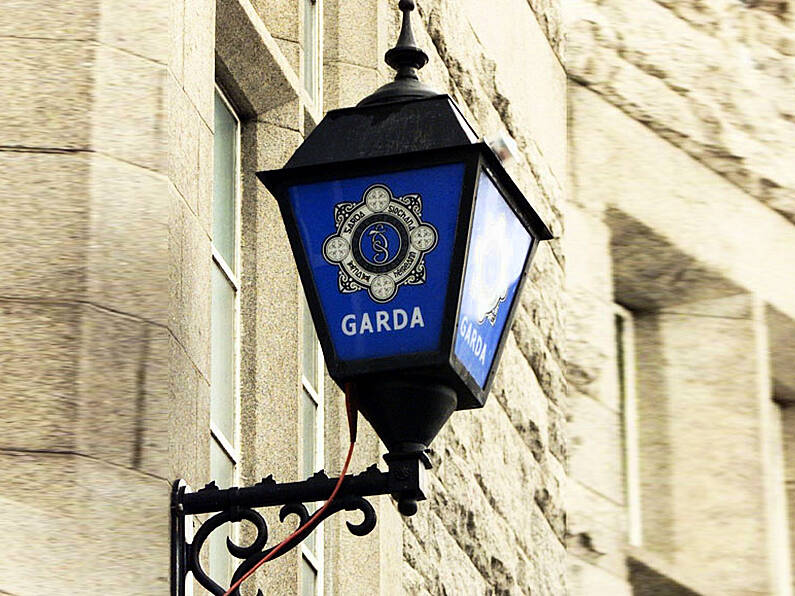The public should be excluded from serious sex trials as part of a radical overhaul in Northern Ireland, a retired senior judge proposed.
John Gillen is leading an independent review following the acquittal of two Irish rugby internationals of rape charges in Belfast earlier this year.
Mr Gillen published a preliminary report today with more than 220 draft recommendations - including restricting access to serious sexual crime trials to only close family members of the alleged victim and defendant and the mainstream media.
He said: "Confidence-building measures for complainants who fear the cruel glare of public exposure, particularly in high-profile trials in front of packed public galleries, are now vital.
If we are to challenge the gross under-reporting, high dropout rates and an unacceptably daunting trial process, I consider the arguments in favour of restricted access measures carry convincing weight.
The public is already excluded in Ireland, New Zealand and Australia.
In Scotland onlookers are barred when the complainant gives evidence.
Other key draft recommendations from the recently retired Court of Appeal judge included creating new laws surrounding inappropriate use of social media, where the name of the alleged victim and even images may circulate and which in a small jurisdiction like Northern Ireland may seriously damage a person's anonymity.
The report urged strong judicial powers to control access to websites during trials and the making of fresh offences for jurors who offend against judicial guidance.
Under-reporting of serious sexual crime is "unacceptably low", around one in six tell police of their ordeal.
Early pre-recording of cross-examination could take place in a non-courtroom setting to make the process easier for alleged victims and encourage people to come forward, the preliminary report said.
The physical layout of older courthouses could be altered to ensure a victim and their accused did not meet.

A judge would consider whether certain questions could be asked of an accused beforehand.
Public funding would enable legal representation for the victim in cases where she or he may be asked about sexual history or face intrusive scrutiny of personal life.
The judge provisionally said measures should be introduced at the onset of the trial to combat rape myths which may influence a jury, like what type of clothing a victim was wearing, or the self-blame which many needlessly feel, or whether they struggled or not during an alleged attack - which can become an issue during court proceedings.
The judge's draft report also called for better public education through the school system to combat myths surrounding sexual crime.
Most proposed recommendations do not require legislation but a minority, including those surrounding social media, would.
The devolved administration at Stormont has not sat for months following a row between former partners the Democratic Unionists and Sinn Fein.
The judge said steps should be taken to combat excessive delay in the justice system, which can make the process more onerous for victims.
PA






